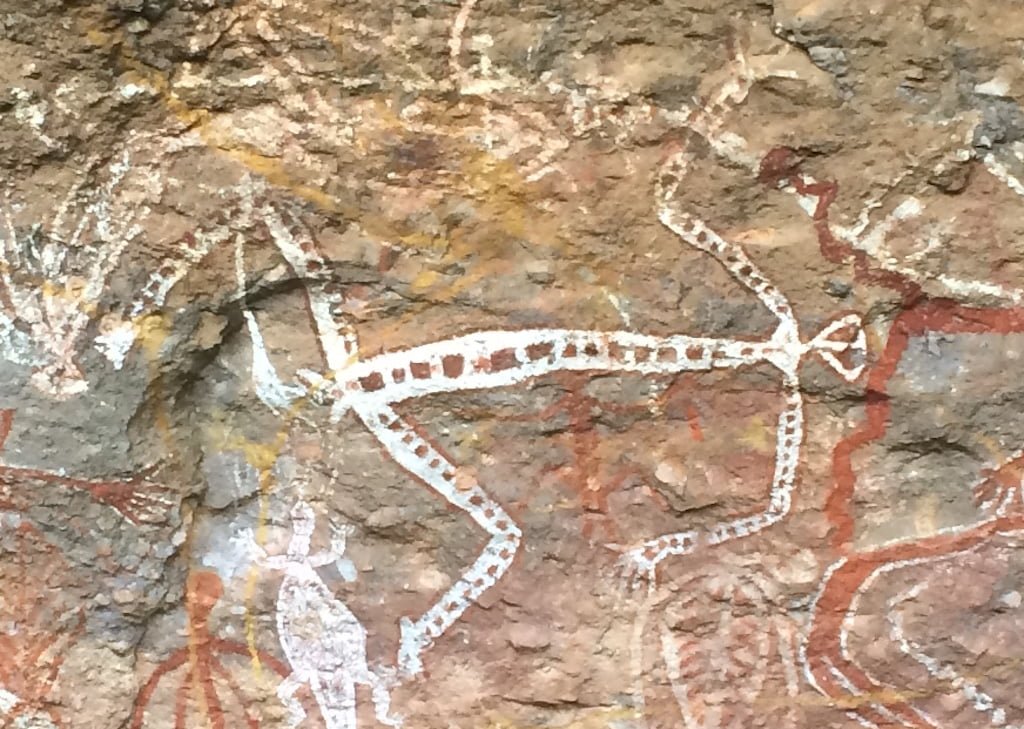Research and Memory
Research takes a lot time. It also involves an enormous amount of reading. Most of it goes in and gets lost somewhere in the recesses of your brain. You can’t absorb everything in detail. Somehow your brain filters out the unimportant stuff and you’re just left with snippets of information. Or if you’re clever you take notes. Without notes you are totally reliant on memory. Herein lies a problem. I have found that memory tends to get warped. The information that you absorbed many years before will get twisted over time. You can recall the basic facts but unfortunately there are times when you bend the details. Your memory plays tricks on you.
Research for the book “Loreless” began for me almost twenty years ago. At the time I stayed on a small community in central Australia after getting a tip that they were being successful in maintaining their independence. My stay there was inspiring. I had a lot of conversations with the elders from the community. When I say conversations I am not being completely truthful. It was more like going to school except that I could ask questions as we spoke. It was the traditional way of passing on information. You sat and listened. There were no recording devices, only memory. Afterwards I would write down what I could remember. Writing things down helps retain the facts. Then at least it is set in stone.
Whilst writing the book I relied on my memory for most of my experiences in the community. I had misplaced my notes and it took me over a year and a half to find them. They were safely stored in a box. My memory had deserted me as to which one. In fact my memory told me that they were in a completely different place. Not only trying to find my notes based on memory but also what was in them confirmed how unreliable memory is.
One of the stories I had been told was about how spiritual men would traditionally deal with disease. Spiritual men, or medicine men, were the keepers of the unknown. They were incredibly powerful and held sway in society. Knowledge was power, as it still is now. They were also to be feared. Never cross a spiritual man if you value your life. They know how to end it. My memory told me the complete opposite to what I had written down. My mental recollection was that when a spiritual man was attending to someone who was ill, they would pull out whatever it was that infected the body of the sick person and throw it away. This was not true. My notes informed me that if someone was sick it meant that their soul had deserted their body. The spiritual men were able to see this. They would search for the lost soul and return it to the body. Then the person would recover. If the soul could not be found then the sick person would perish. This is quite an important fact and one which if wrongly interpreted would confuse the whole issue of spiritual beliefs in traditional society.
Disease and death in traditional Aboriginal society are not attributed to infection. That just doesn’t exist in their realm of knowledge. There is always an outside evil force involved. If the soul has deserted the body it also means that it is vulnerable. It can be stolen or prevented from returning to the body. It makes perfect sense. I think in some way it would also makes it easier to accept the death of someone. To believe that there are great forces in play and that without the help of someone who understands how to deal with them, we are powerless to defend ourselves against. But then that is the basis of most religions.
Nowadays we have our own medicine men. They have also spent many years acquiring knowledge and in fact, just like the spiritual men, they never stop learning their trade. We laymen don’t have the knowledge and much of how we are treated is a complete mystery to us. We are now much better informed about how to deal with sickness but still rely on those with the ultimate knowledge to treat us. We put our faith in them to heal us. Of course now if they fail then there is always the option to sue them. That was one advantage had by being a medicine man of old. People believed and feared you. There wasn’t much likelihood that you would get taken to court. That didn’t exist in traditional society. Everything was in a sense a lot less complicated.
In any case blind faith in anything, especially your memory, is not advisable. If what you are writing is purely fiction and stems from imagination, then there is not a problem. However, the moment you are required to be factually accurate about something, then refer to your notes or try to find out more.
When I started writing this book the internet was in its infancy. Checking the facts was a lot more difficult back then. Now it’s easier but not without its pitfalls. I have also learnt not to believe everything I read. I have collected mountains of research online, more than I am ever going to have the time to read. In the end I still needed to rely on a conversation with someone with the knowledge to reinforce the truth. I will need my own notes to set me straight. Doing research at the source should not be taken lightly, it is indispensable. Write it down and don’t rely on your memory.

